In a quiet village nestled between the misty mountains of southwestern China, an unusual holiday experience is drawing linguists and travelers alike. The "Dialect First Aid Station" project offers immersive recording vacations where participants help document endangered languages while experiencing authentic cultural exchanges. This innovative approach to language preservation combines grassroots activism with sustainable tourism in ways that challenge traditional conservation methods.
Local elders gather in bamboo huts, their voices carefully captured by high-fidelity recording equipment as they share folktales passed down through generations. Unlike sterile academic fieldwork, these sessions unfold organically during communal meals or impromptu storytelling circles. "We're not just collecting linguistic data," explains Dr. Lin Wei, the project's lead researcher. "We're creating emotional connections between speakers and documenters that give these languages renewed social value." The recordings become time capsules of entire worldviews, capturing not just vocabulary but the laughter, sighs, and spontaneous interactions that reveal how language lives in daily use.
Participants range from PhD candidates to curious backpackers, all trained in basic recording techniques and cultural protocols. What makes the project unique is its reciprocal design - visitors contribute documentation work while receiving intimate access to cultural practices normally hidden from tourists. A morning might involve recording rice-planting songs with local farmers, followed by an afternoon learning to cook regional dishes using traditional terminology now vanishing even from village kitchens.
The urgency behind these efforts becomes clear when speaking with community members. "My grandchildren understand our dialect but reply in Mandarin," laments 72-year-old tea grower Huang Meili, her words simultaneously preserved and translated by the project's real-time transcription system. Of the approximately 7,000 languages spoken today, linguists estimate one disappears every two weeks, taking with it unique ways of understanding everything from plant classifications to emotional states.
Technology plays a surprising role in this seemingly analog process. Advanced voice recognition software adapted from medical dictation systems helps transcribe rare phonetic sounds, while blockchain timestamps ensure indigenous communities retain control over their linguistic heritage. The recordings feed into an open-source archive accessible to both scholars and source communities - a radical departure from traditional academic hoarding of field data.
Critics initially questioned whether turning language documentation into a tourism product might trivialize the endeavor. However, the project's measurable impact has silenced most doubters. Three previously unrecorded dialects now have complete phonetic profiles, and two communities have launched language revival programs using materials created during these recording holidays. The economic benefits to host villages have created new incentives for younger generations to maintain their linguistic heritage.
As sunset paints the terraced fields golden, visitors and locals gather to review the day's recordings. A young boy's eyes widen hearing his grandfather's voice narrate a legend in the pure, unfiltered dialect rarely spoken with outsiders. In this moment, the project's true value becomes clear - it's not just preserving words, but keeping alive the human connections those words make possible. With next season's recording holidays already booked out, this unconventional approach to language conservation may rewrite the rules for safeguarding intangible cultural heritage worldwide.
The emotional resonance of these encounters often surprises participants. Many arrive as curious observers but leave as passionate advocates, their social media posts and dinner party stories creating ripple effects of awareness. Unlike traditional voluntourism, the tangible results - high-quality recordings, transcribed texts, pedagogical materials - provide lasting satisfaction. "You can actually see your contribution in the archive that same evening," marvels Canadian participant Elijah Petrovski. "It's not some vague promise of impact, but concrete preservation happening in real time."
Behind the scenes, a complex ethical framework governs every interaction. Communities control which linguistic content gets recorded and how it may be used. Compensation models vary - some villages request direct payment per recording hour, others prefer infrastructure improvements like solar panels for the recording studio. This flexible approach acknowledges that language preservation intersects with broader issues of economic justice and self-determination.
As the project expands to new regions, its founders grapple with scaling challenges. The delicate balance between accessibility and exclusivity must be maintained - too many visitors could disrupt the authentic interactions that make the recordings valuable. Meanwhile, the waiting list grows, filled with both language enthusiasts and ordinary travelers seeking meaningful connections in an increasingly homogenized world. What began as an academic salvage operation has blossomed into something far more profound - a model for cross-cultural exchange that honors disappearing voices while letting them speak for themselves.

By /Jul 16, 2025

By /Jul 16, 2025

By /Jul 16, 2025

By /Jul 16, 2025

By /Jul 16, 2025
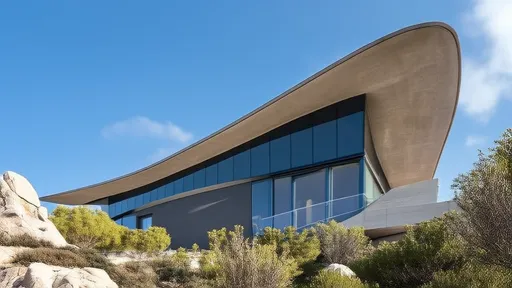
By /Jul 16, 2025
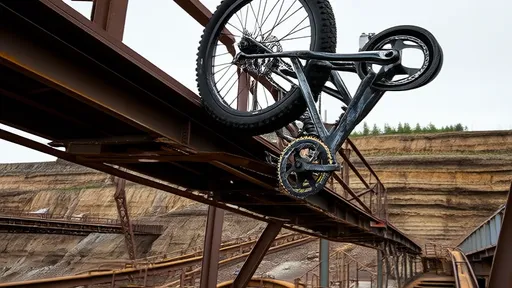
By /Jul 16, 2025
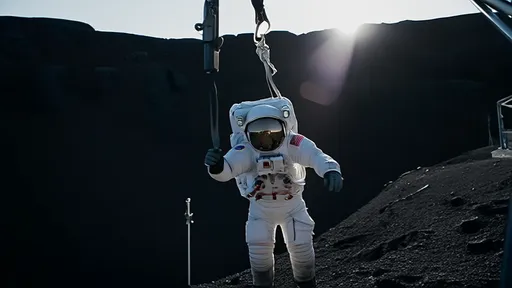
By /Jul 16, 2025
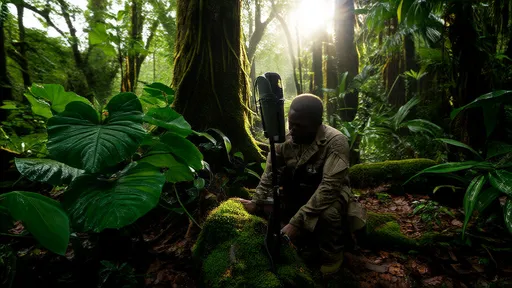
By /Jul 16, 2025
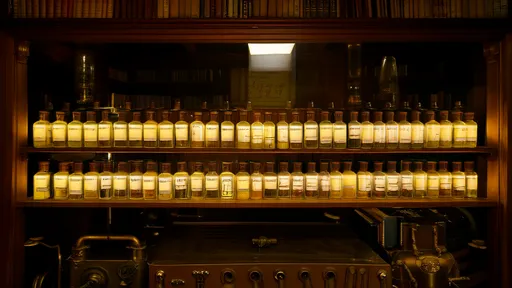
By /Jul 16, 2025

By /Jul 16, 2025
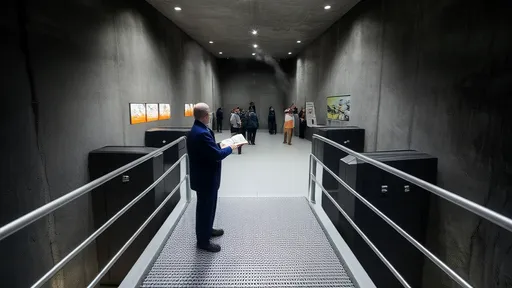
By /Jul 16, 2025
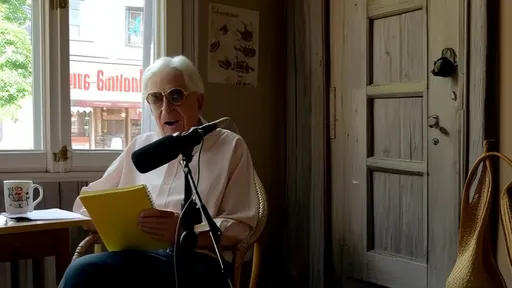
By /Jul 16, 2025

By /Jul 16, 2025
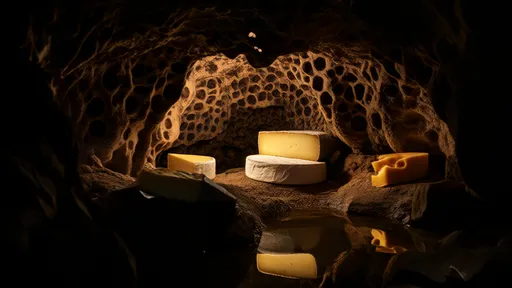
By /Jul 16, 2025

By /Jul 16, 2025
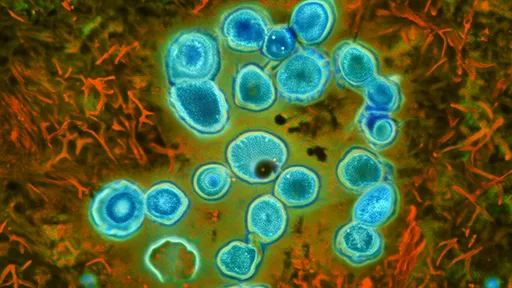
By /Jul 16, 2025
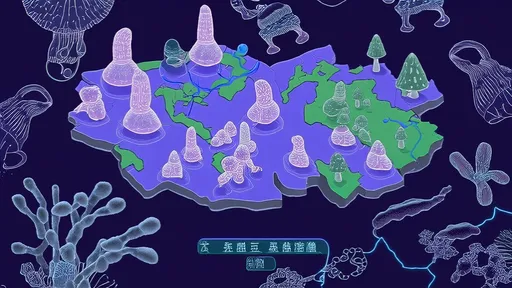
By /Jul 16, 2025